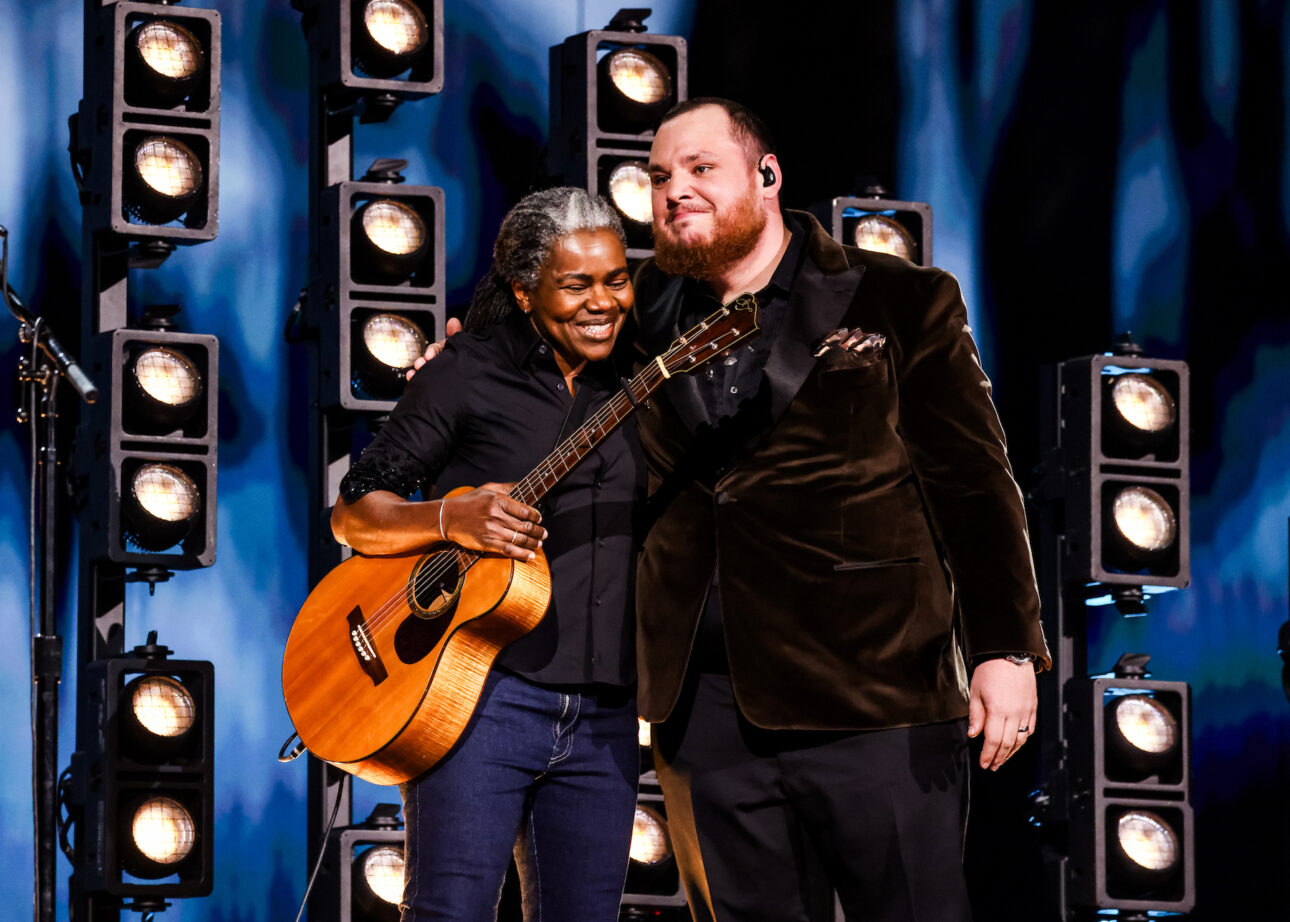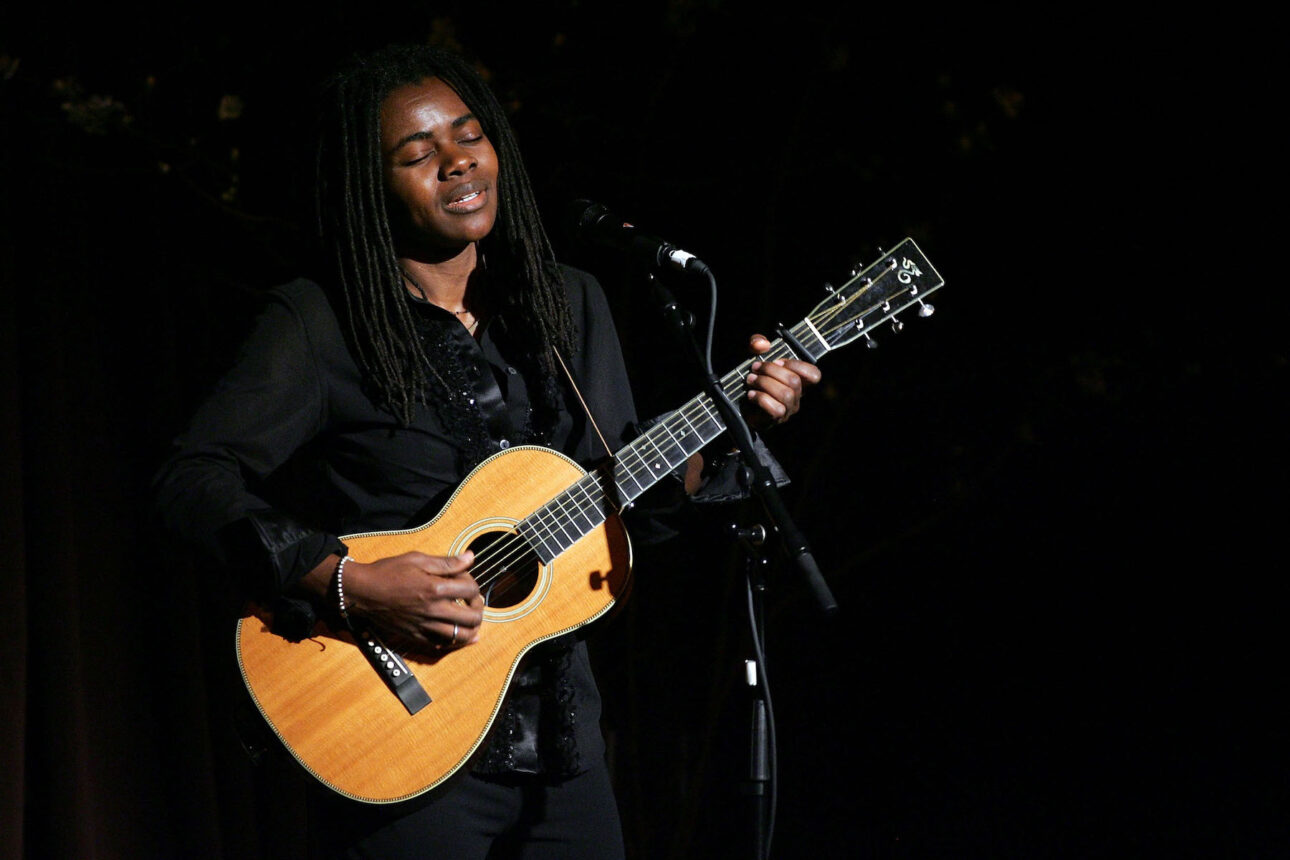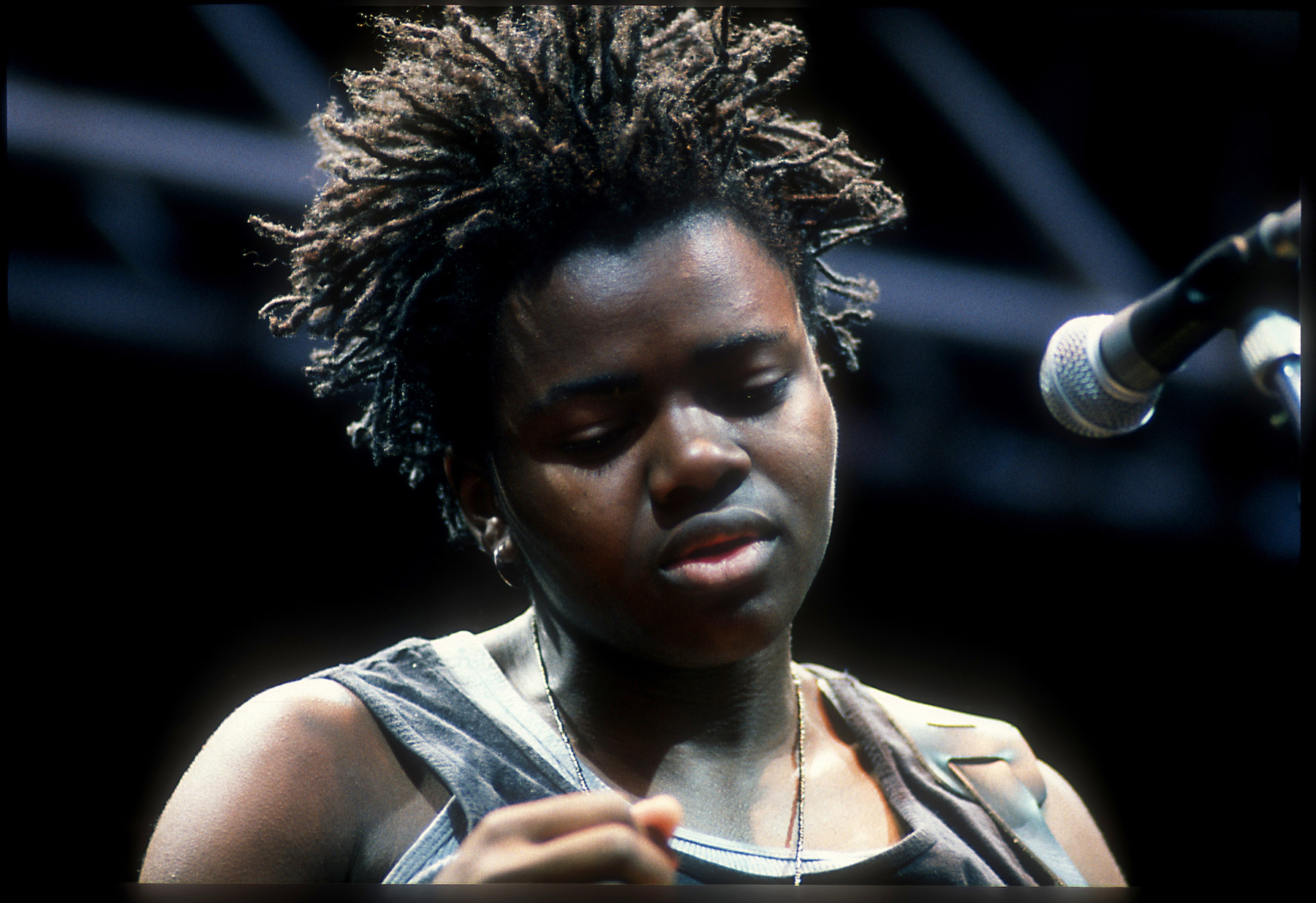I remember when Tracy Chapman’s “Fast Car” was released in April of ’88, a striking introduction from a powerful and heart-rending new voice in music. “Fast Car” simply and beautifully relays the persuasive, hopeful desire to escape; the singer wants a “ticket to anywhere” and has “nothing to lose” or “prove.” Chapman has never confirmed the exact origin of the song, through the years it’s become an anthem amongst the queer community, its themes of love, belonging, and the need for something better timeless and universal.
According to the Billboard chart, the month would wrap with ‘80s pop queen Whitney Houston’s “Where Do Broken Hearts Go” reclaiming the No. 1 spot, and with Taylor Dayne, Tiffany, and Pebbles rounding out the Top 10. “Fast Car” would peak at No. 6 in the U.S.
The single won Chapman the Grammy for Best Female Pop Vocal Performance in 1989 the singer also took the Grammys for Best New Artist and Best Contemporary Folk Recording for her eponymously titled debut album.
Flash forward to 2024, when Chapman and Luke Combs took the stage to perform a duet of “Fast Car” at the 66th Annual Grammy Awards to celebrate the song’s new life, after Combs’ 2023-released cover version reached No. 1 on Billboard‘s Country Airplay chart, No. 2 on the Hot 100.
Chapman made history as the first Black woman to singularly pen a No. 1 country song. When “Fast Car” won Song of the Year at the 2023 CMAs, she became the first Black woman to take home the award.


As this is my fifth Rock Hall letter (past letters include The Go-Go’s, Sinéad O’Connor, Tori Amos, and Indigo Girls), I can already anticipate some of the backlash/chitter-chatter/nonsense that will come my way, so let me address this now.
It’s been years of begging readers not to pit women against one another, and despite me saying this, anecdotally there’s going to be someone out there who’s going to say: “[WOMEN’S NAME HERE] first!”
Ask yourself: Why? Why can’t multiple women win? It’s important to advocate for artists you believe in, but constantly perpetuating the myth that there’s only room at the awards table (or any table) for one woman is also perpetuating the pathetic restrictive standard. If you don’t like Tracy Chapman, that’s fine, but don’t move her down the ladder because women aren’t allowed their rightful space.
I’ve long been a proponent of honoring artists while they are alive. Hard truth: It’s not the same when they’re dead. If Sinéad O’Connor’s untimely passing (and adult life tortured by media scrutiny) taught us nothing else, it’s that we should have a little more foresight and compassion. People literally laughed (or, more-commonly, scorned) when I published an open letter on behalf of O’Connor in 2022. When she died in 2023 she was hailed as a prophet who was “right about everything.” Could you have done that while she was alive?


And, finally, there will be those who say that Tracy Chapman was a one-hit wonder. If you still think that great artists are defined by chart success, I feel sorry for you. If charts define greatness, we can go ahead and discount an entire league of incredible singer-songwriters whose work has woven the fabric of our lives. (Did you know that Joni Mitchell has never had a No. 1 song? Who cares? Instead she’s one of the most important and influential musicians in modern history.)
It’s a new year and a new day, time for a new way of thinking.
As it happens, Chapman’s second album, 1989’s Crossroads, was also nominated for the Best Contemporary Folk Album Grammy, and her ’95 album New Beginning was certified 5x platinum, and its single “Give Me One Reason” won the ’97 Grammy for Best Rock Song.
Much more importantly, her ’88 single “Talkin’ Bout a Revolution” has been used throughout the decades to mark moments of peaceful protest and uprising, from heavy play during Bernie Sanders’ 2016 presidential run to 2020, when during a performance on Late Night with Seth Myers she changed the end lyrics to “Talkin’ bout a revolution. Go vote.”
As I’ve said before, awards do matter, because they publicly set the standard. Let’s induct the quiet one, who breaks new ground and sings about a revolution.

